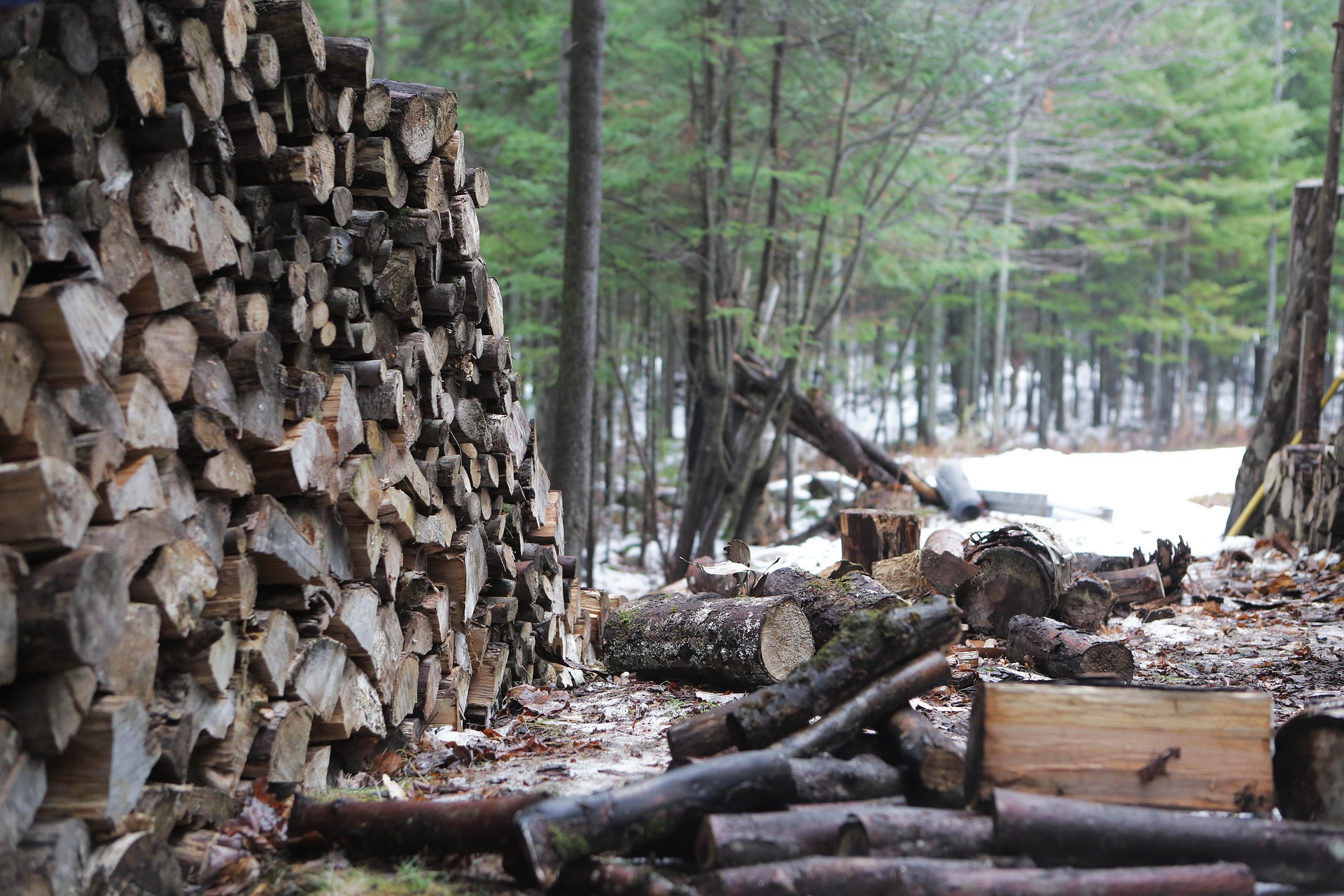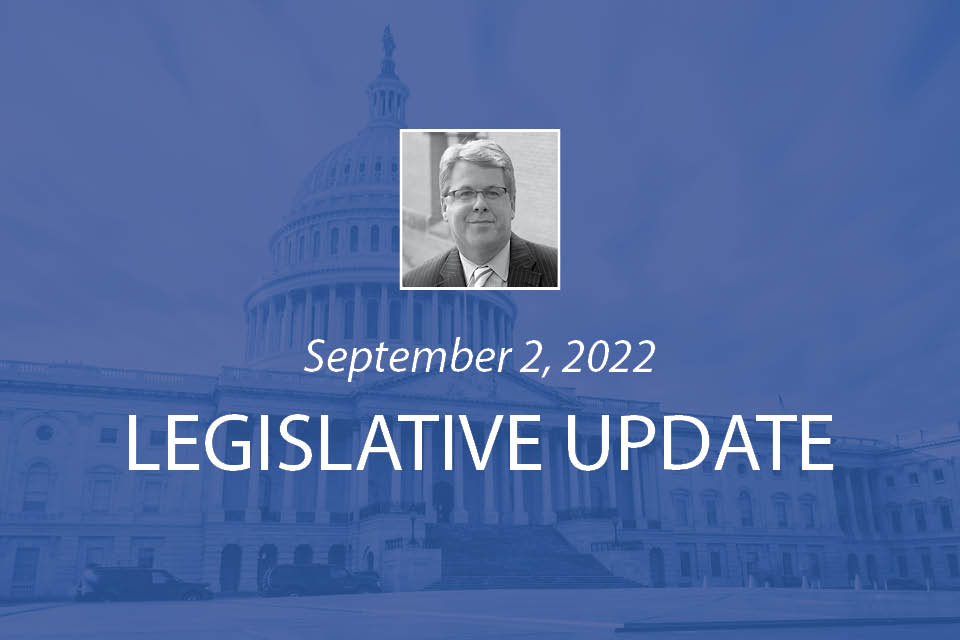On Thursday, April 21, ABMA met with Deputy Assistant Secretary for Policy & Negotiations of the International Trade Administration (ITA) Ryan Majerus and his team to discuss the status of a new Softwood Lumber Agreement (SLA). As a new SLA has been a priority for the lumber and building materials (LBM) industry since its expiration in 2015, ABMA members were eager to express its importance and ask questions regarding next steps.
According to Scott McBride, a lawyer on Majerus’s team specializing in LBM, a SLA was first introduced in 1986. We are now in the midst of negotiating the fifth agreement, and that negotiation began three years ago. The expired agreement, which was settled in 2006 with 27 pieces of litigation, saw the first involvement of counter-veiling and anti-dumping laws.
While the U.S. and Canada were close to restoring an agreement in 2015 with Secretary Ross and our Canadian counterparts, nothing ever came of it. According to Majerus, Canada has been unwilling to come to the table since. He stated that the U.S. has significant concerns with Canada’s general trade practices.
“This issue goes beyond just the LBM industry,” exclaimed Matt Semonik, ABMA Legislative Committee Member and President of the Rhode Island Lumber and Building Materials Dealers Association (RILBMDA). “It trickles down and affects consumers on a daily basis.”
To negotiate a proper agreement, there must be two five-person panels consisting of both U.S. and Canadian representatives: One regarding counter-veiling and another for anti-dumping. The counter-veiling panel has four out of five members and there is no panel for anti-dumping, therefore the status falls as incomplete. To complete a panel, both the U.S. and Canada nominate members. If they cannot come to an agreement on who sits on each five-person panel, a coin is flipped to decide who receives 3-2 representation.
In an effort to restore relations with Canada, ABMA has already taken action to oppose softwood tariff hikes and renew a SLA. You can read more by clicking on the below:
- ABMA Opposes Softwood Tariff Hike
- Commerce Reduces Canadian Lumber Tariffs
- Letter to Commerce Secretary Gina Raimondo
ABMA’s next steps for implementing the restoration of a SLA are to target the U.S. Trade Representative (USTR) and set up meetings with key legislators. ABMA will continue to update its members on that status of SLA efforts and make a new agreement a top priority.




